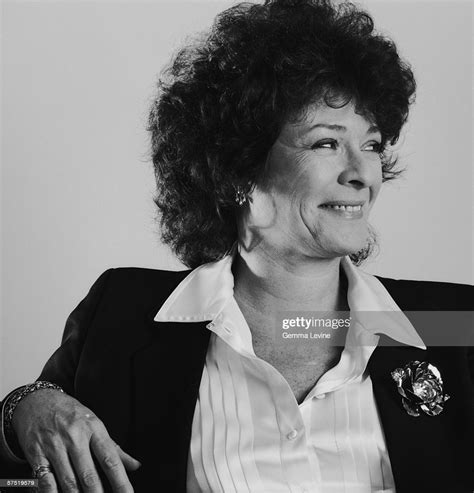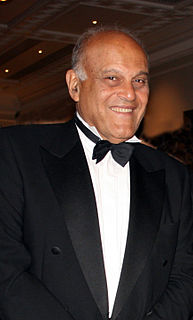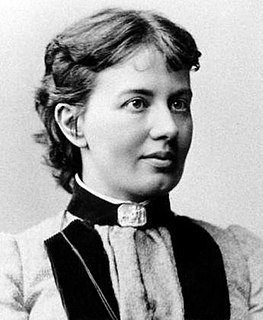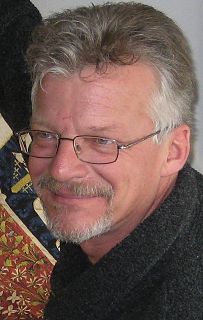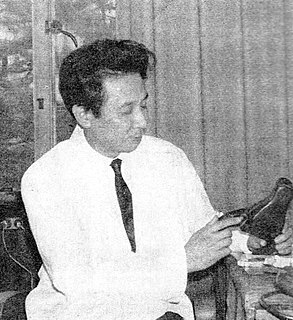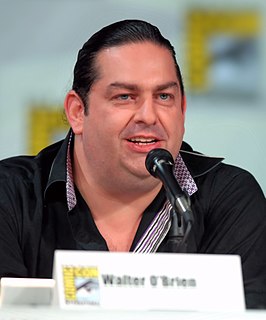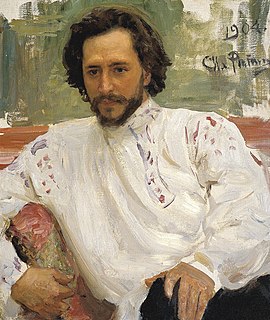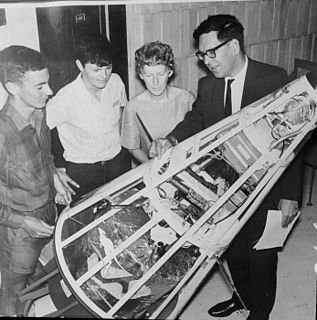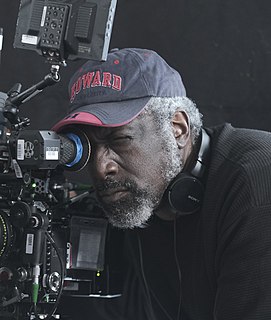Top 1200 Math And Science Quotes & Sayings - Page 19
Explore popular Math And Science quotes.
Last updated on November 29, 2024.
'Filk' is the folk music of the science fiction and fantasy community - you get parodies, you get traditional music that's had the words slightly modified, and you'll also get just original works that have been written about science fiction and fantasy works, or with science fiction and fantasy themes.
The private motives of scientists are not the trend of science. The trend of science is made by the needs of society: navigation before the eighteenth century, manufacture thereafter; and in our age I believe the liberation of personality. Whatever the part which scientists like to act, or for that matter which painters like to dress, science shares the aims of our society just as art does.
I don't view it as mystic. I believe that God is our father. He created us. He is powerful because he knows everything. Therefore everything I learn that is true makes me more like my father in heaven. When science seems to contradict religion, then one, the other, or both are wrong, or incomplete. Truth is not incompatible with itself. When I benefit from science it's actually not correct for me to say it resulted from science and not from God. They work in concert.
Many people correctly make the point that our only hope is to turn to God. For example, Charles Lindbergh, who said that in his young manhood he thought "science was more important than either man or God," and that "without a highly developed science modern man lacks the power to survive," . . . went to Germany after the war to see what Allied bombing had done to the Germans, who had been leaders in science. There, he says, "I learned that if his civilization is to continue, modern man must direct the material power of his science by the spiritual truths of his God."
Science is wonderful at destroying metaphysical answers, but incapable of providing substitute ones. Science takes away foundations without providing a replacement. Whether we want to be there or not, science has put us in the position of having to live without foundations. It was shocking when Nietzsche said this, but today it is commonplace; our historical position-and no end to it is in sight-is that of having to philosophise without 'foundations'.



